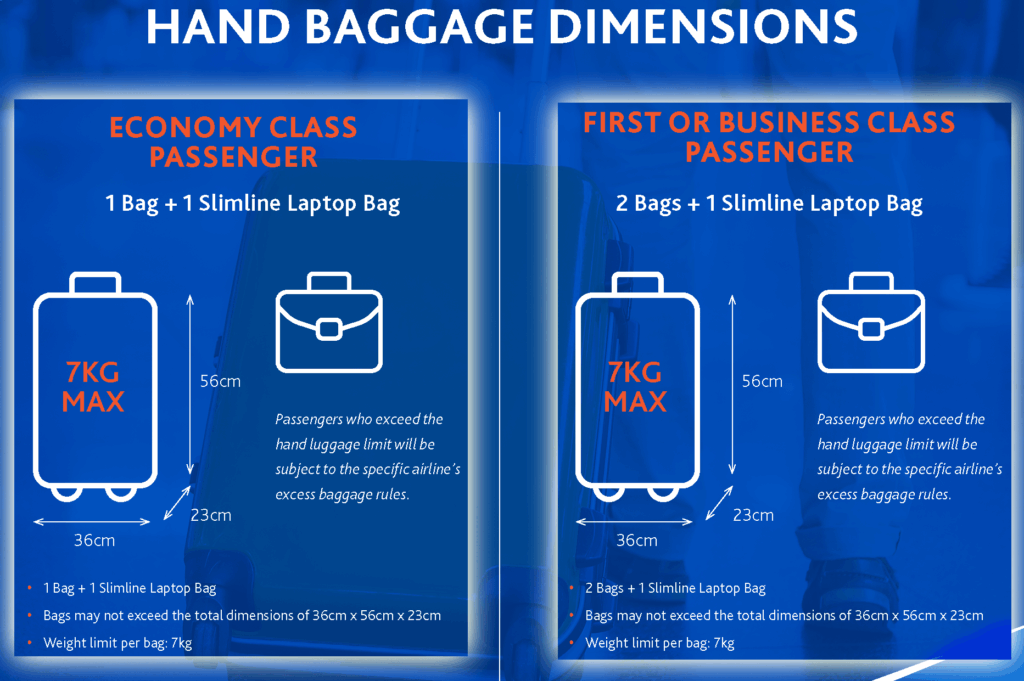Statistics
Cape Town’s Aviation Pulse: A Deep Dive into Airport Statistics
An Expert Analysis of Passenger and Aircraft Trends at CPT
The Ebb and Flow of Travelers: Passenger Insights
The journey of Cape Town International Airport (CPT) as a premier global hub is best told through its passenger statistics. Our in-depth analysis, based on trusted data from the Airports Company South Africa, reveals a compelling narrative of growth, resilience, and recovery. This isn’t just about numbers; it’s about the people who walk our terminals and the trust they place in our services.
From a bustling 8.3 million passengers in FY12/13, we witnessed a remarkable ascent to a peak of nearly 11 million in FY19/20, a testament to the airport’s growing international acclaim. The subsequent dip to 8.1 million in FY21/22 reflects a challenging period for global travel, yet the data also highlights our robust recovery efforts. These authoritative figures underscore our commitment to providing a world-class experience that keeps travelers coming back.

The Rhythm of the Runways: Aircraft Movement Analysis
The heartbeat of any airport is its aircraft movements—the continuous stream of takeoffs and landings that connect us to the world. A look at the data for CPT showcases our operational expertise and the confidence airlines place in our infrastructure.
In FY17/18, at the height of our passenger traffic, we managed over 102,000 flight movements. This incredible volume demonstrates our capacity to handle a demanding schedule with precision and efficiency. Even as the aviation landscape shifted, our runways remained active, with nearly 68,000 movements in FY21/22. This expert coordination ensures that whether you’re flying for business or leisure, your journey through Cape Town is seamless and reliable.
This analysis is compiled from comprehensive reports provided by Airports Company South Africa, offering a transparent and trustworthy perspective on our performance. We are dedicated to maintaining this standard of excellence and sharing our progress with our valued passengers and partners.

